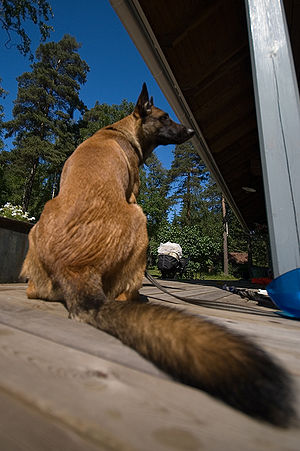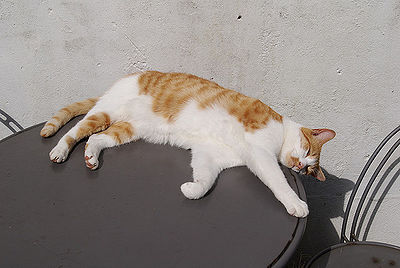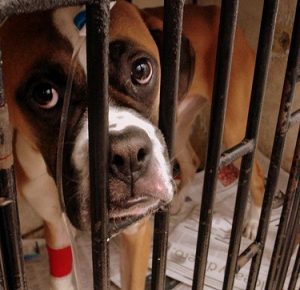Zinc is an important mineral for both humans and animals to maintain good health. But zinc is necessary only in very small amounts.
Ingestion of excessive amounts of zinc can lead to poisoning. Zinc becomes toxic when released by stomach acids. It is then absorbed and travels to other parts of the body such as liver, kidneys, muscles, bones and more.
Zinc naturally occurs in soil, water, foods and many other parts of the environment. It can also be found in many household items such as pennies, nails, staples, tacks, zippers, some toys, jewelry, pet carrier hardware, paints, some creams and ointments and much more. Overdosing can occur if your pet is fed human vitamins and some supplements. Give your pet only vitamins and supplements specifically made for them.
Zinc toxicity symptoms can appear within hours or a few days. Signs include lethargy, diarrhea, vomiting, orange colored stools and urine, black, tarry stools, jaundice (yellow eyes and skin), pale gums, dehydration, irregular heartbeat. Without treatment your pet can develop severe anemia, heart problems, seizures, liver and kidney damage, all bringing a poor prognosis.
If you suspect your pet has ingested something containing zinc, DO NOT induce vomiting. Do NOT feed your pet or give water. Take your pet at once to the vet or call the Pet Poison Hotline in your area. The U.S. number to call is 800-213-6680. Always keep the number within easy reach.
Your vet will make a diagnosis through checking for irregular heartbeat, the presence of jaundice, a painful abdomen, urinalysis, several blood tests and x-ray to determine if your pet swallowed a metal object in which case surgery may be necessary once the pet is stabilized. A test called PCV (packed cell volume) will be administered to measure zinc levels in the blood.
Medications will be given to lower stomach acidity to help decrease zinc absorption and medications to treat nausea, pain and to protect the gastric system from further irritation.
It’s important that the pet receives prompt treatment to avoid severe complications and save his/her life.
Keep your pet healthy by placing all objects suspected of containing zinc, especially pennies, where your pet cannot reach them.



